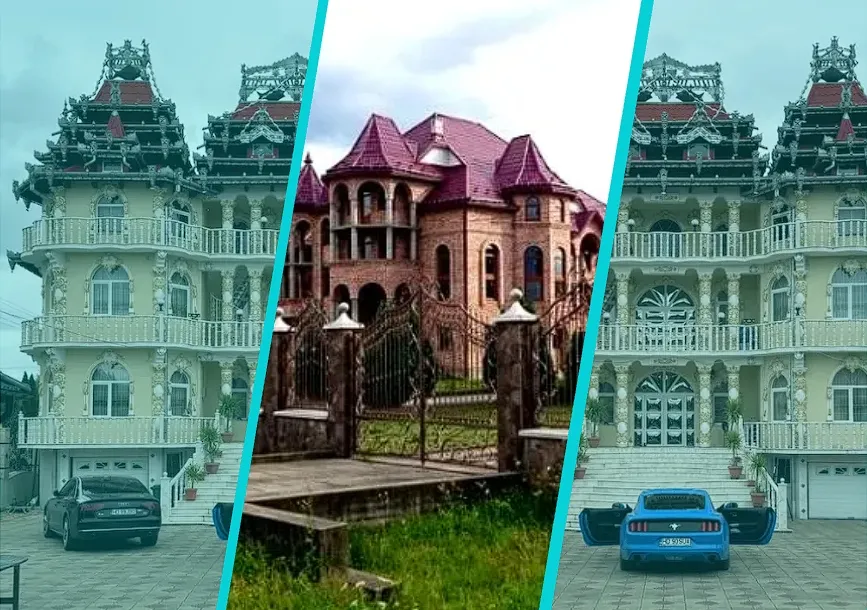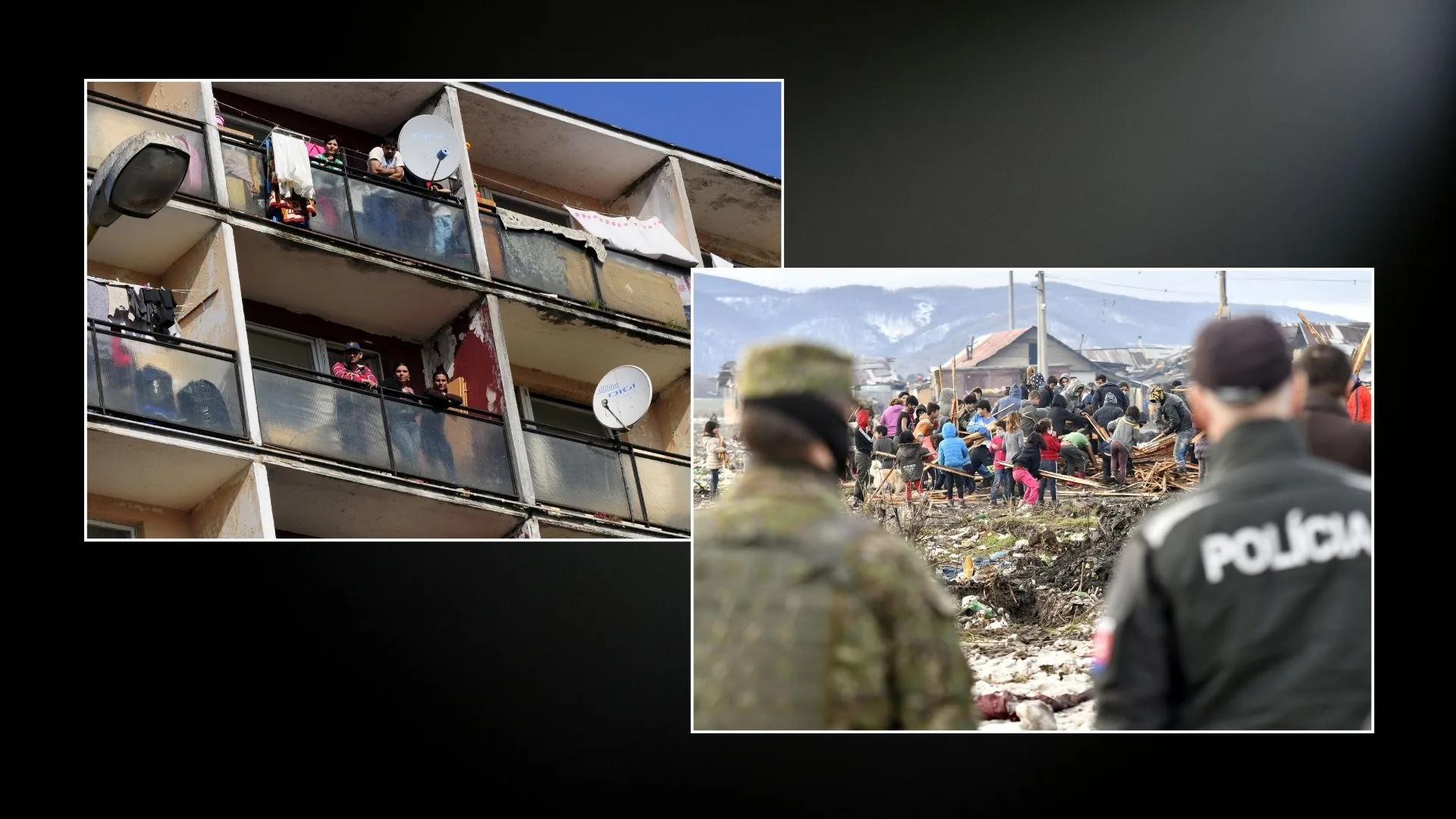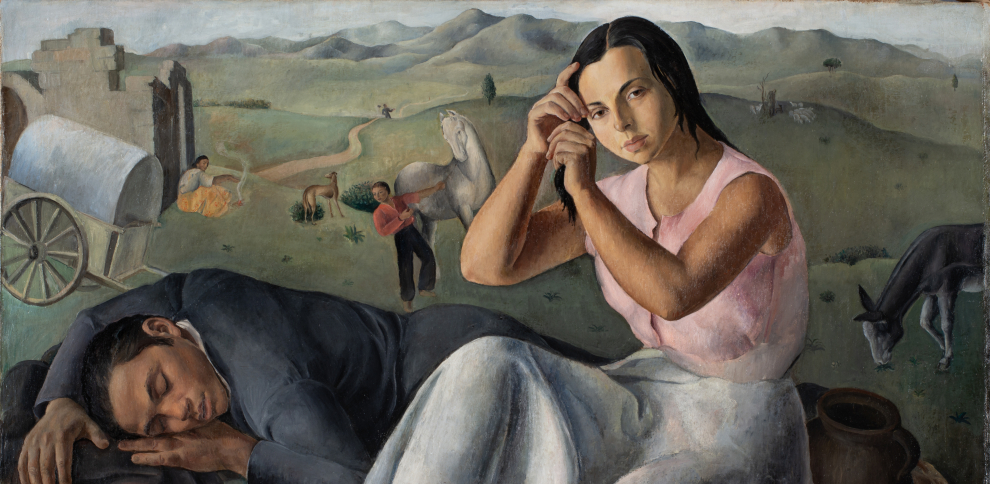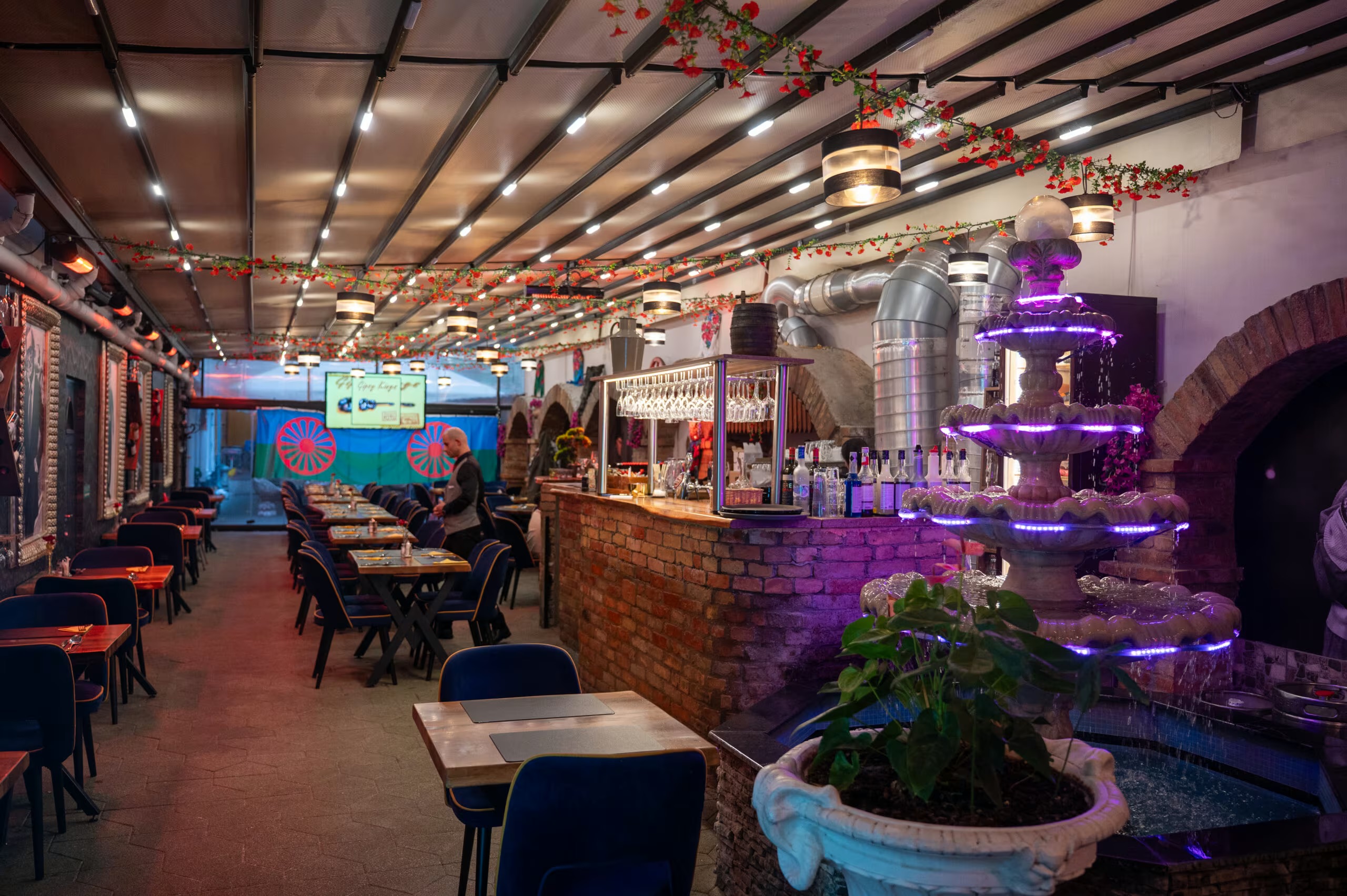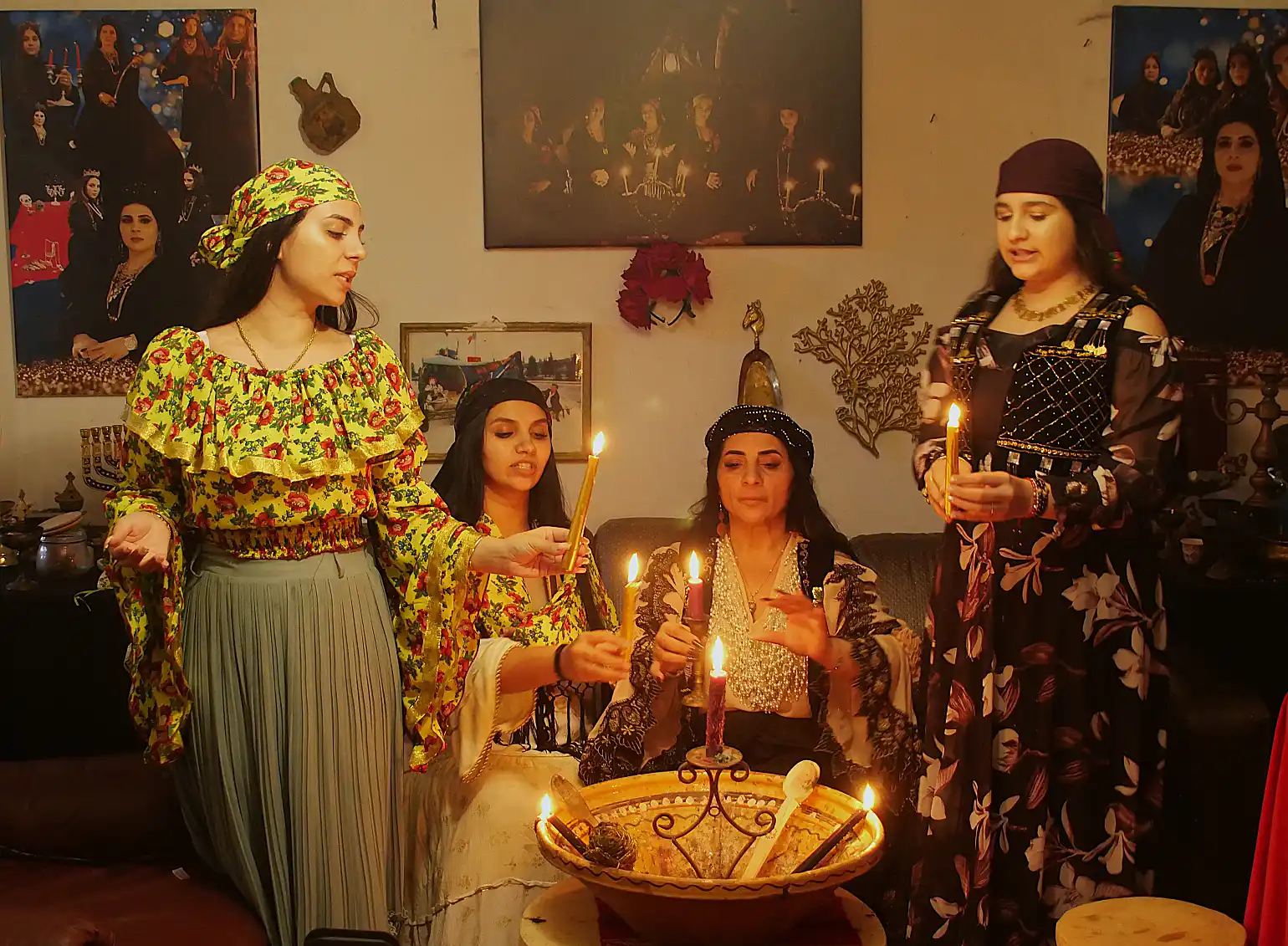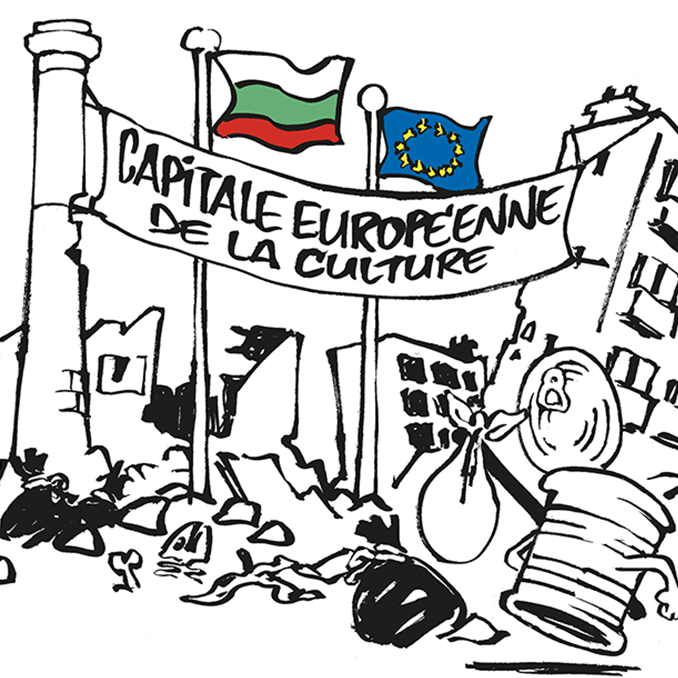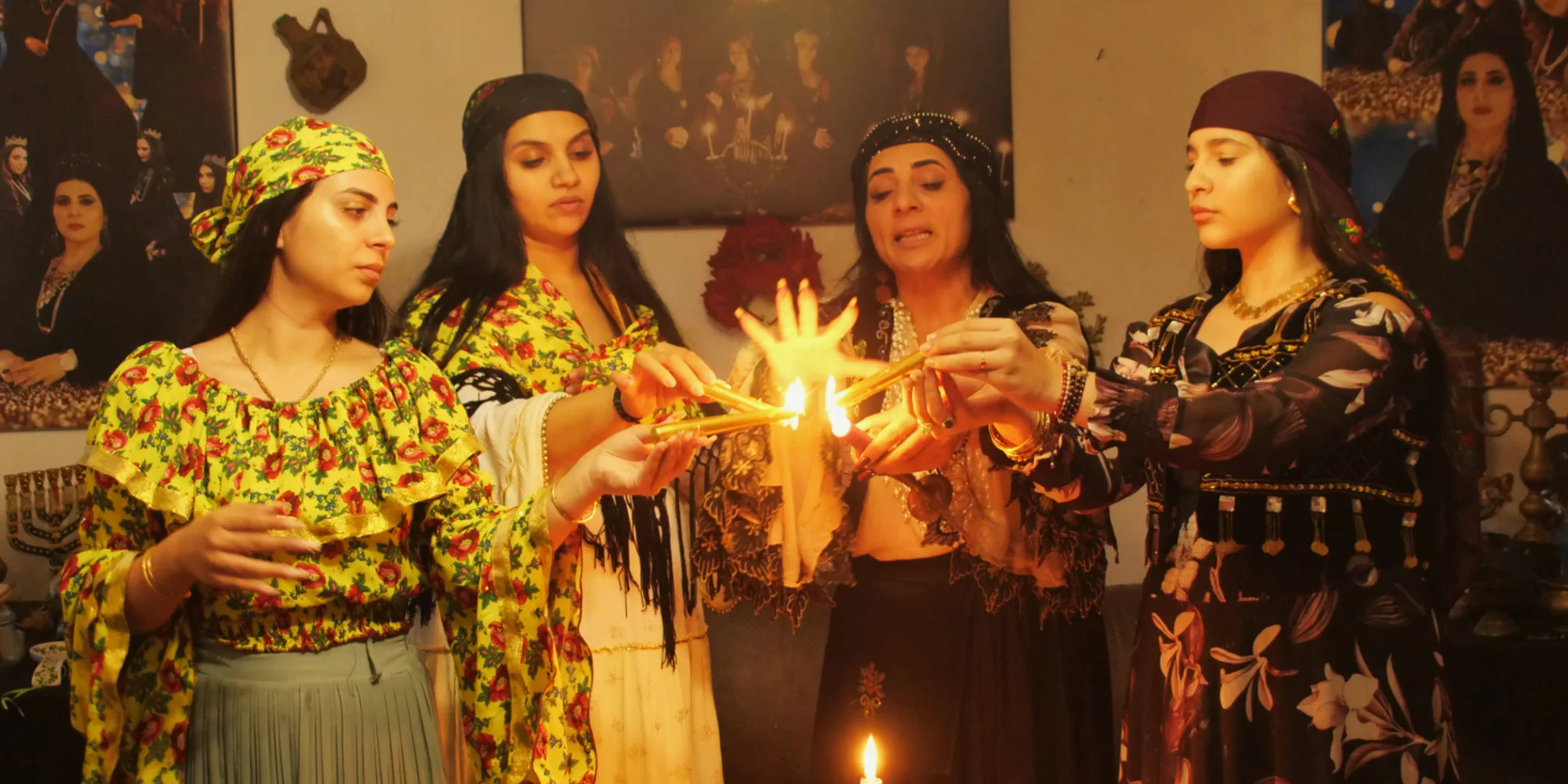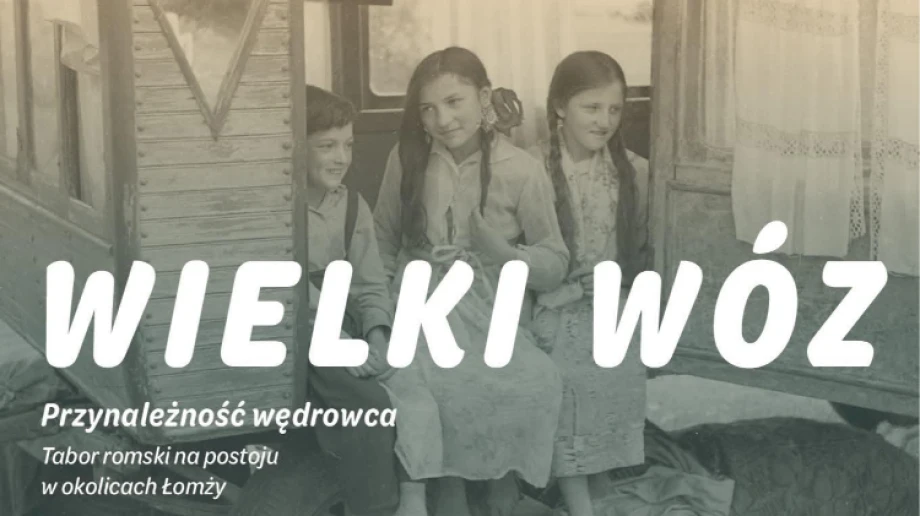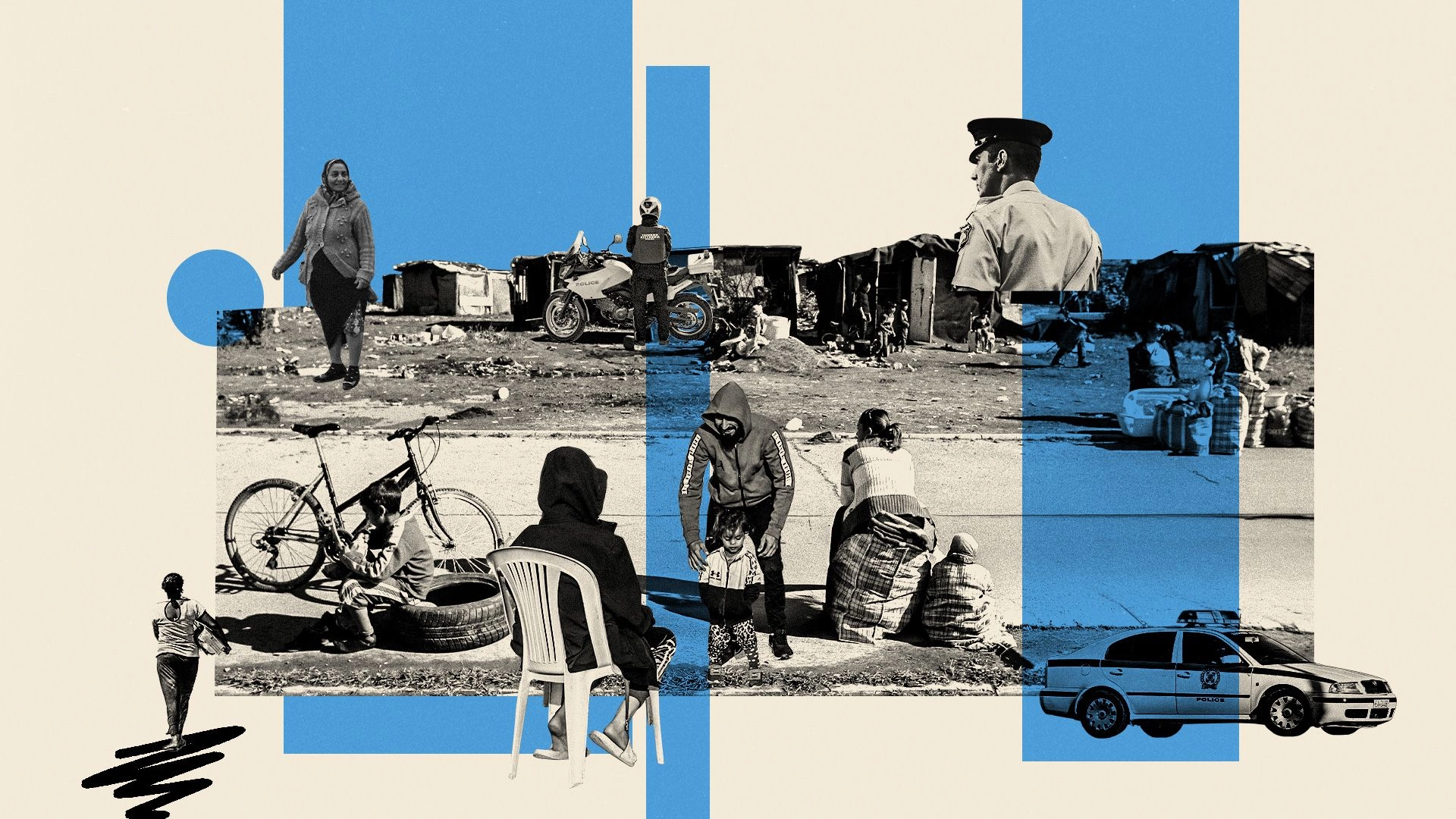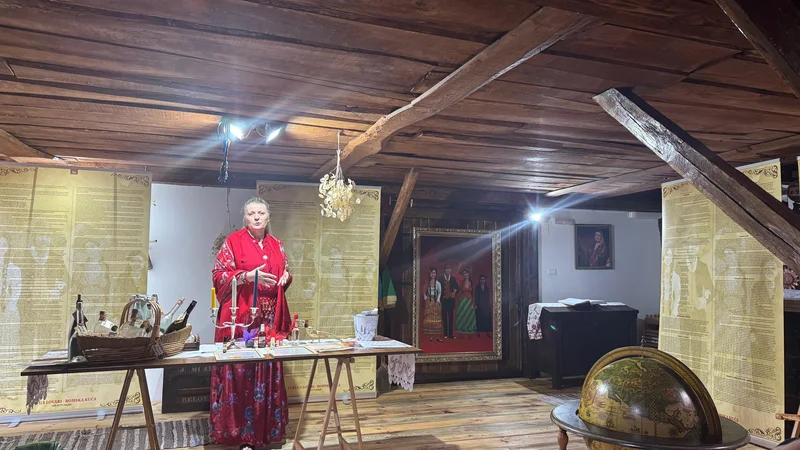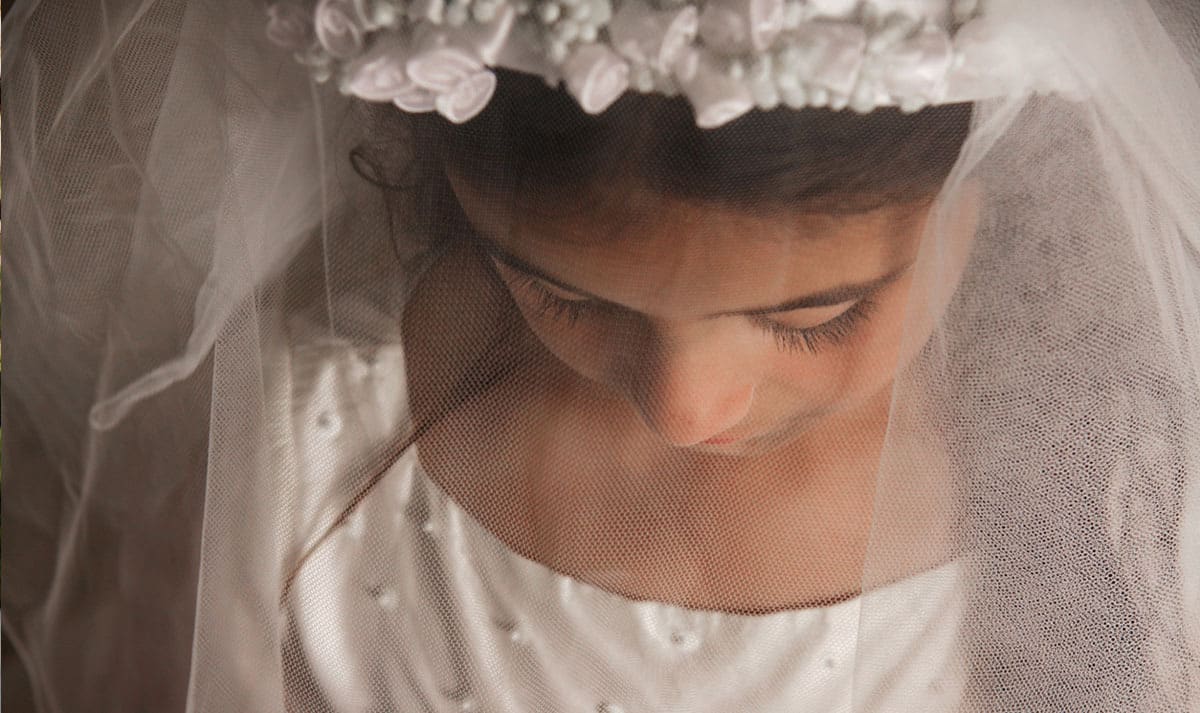With 24-hour patrols by the Greek Police in Roma camps and the announcement of the recruitment of 50 gypsy police officers, the Ministry of Citizen Protection is attempting to present a new policing and mediation plan. It started all with a claim that effectively, Roma are basically criminals.
Roma in Greece are protesting against those measures and say that those measures will not build trust.
The Minister of Citizen Protection, Michalis Chrysochoidis clarified that “the police will hire approximately 50 uniformed police officers, unarmed, with special duties, who will be close to the Police Departments of the areas where these vulnerable groups live and will play the role of social mediator, this will be their mission.”\
So basically not really police, and not a role that can be sustained.
